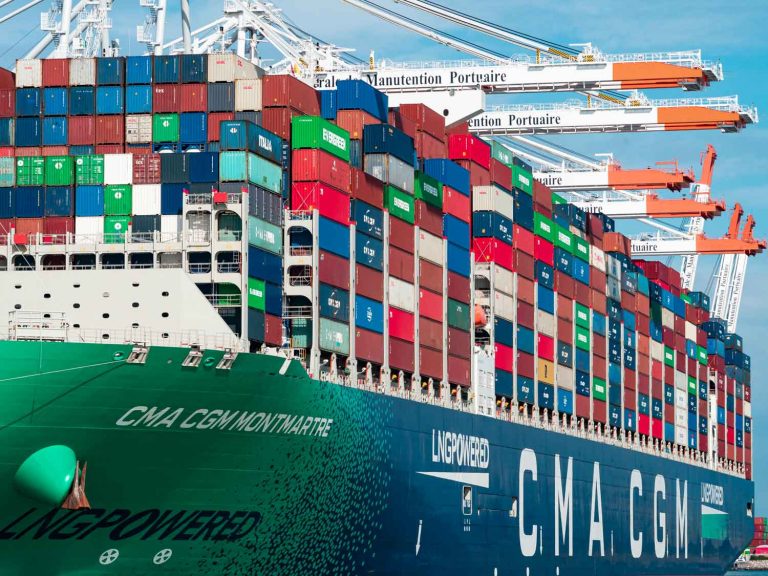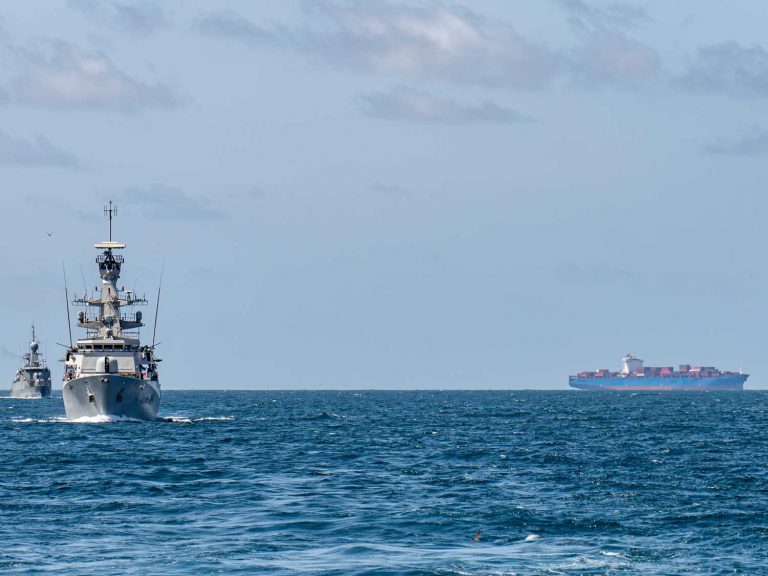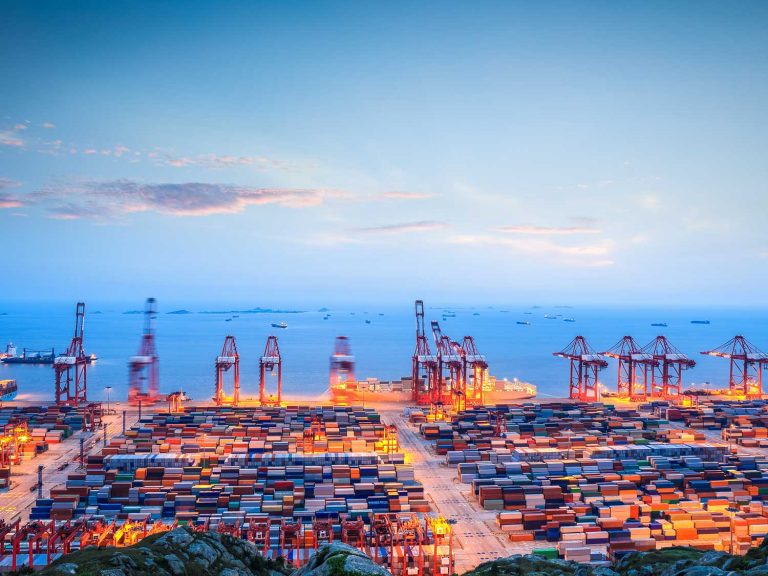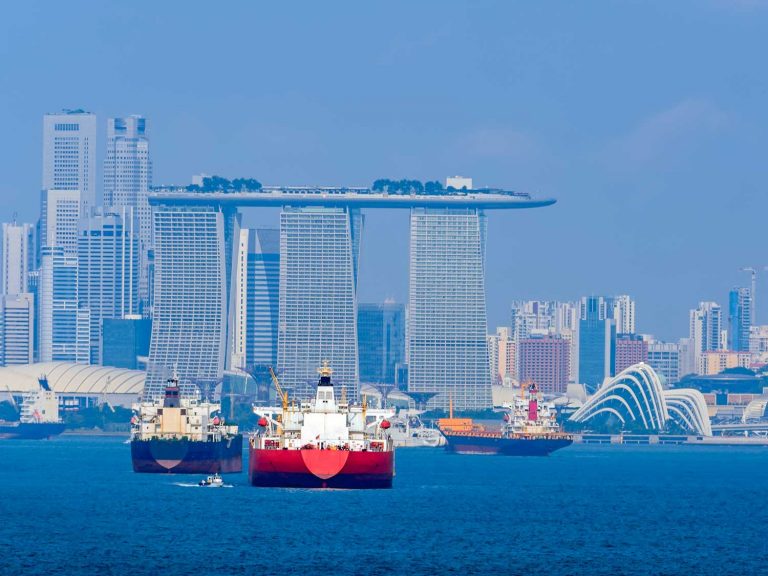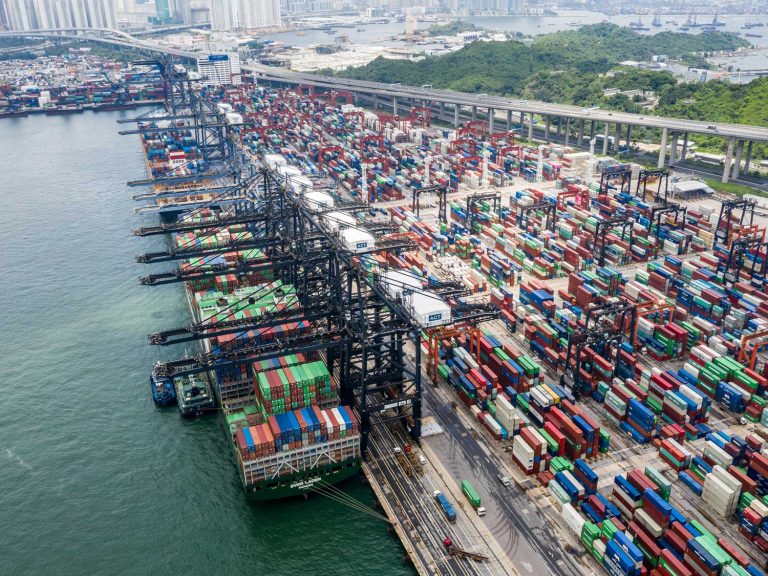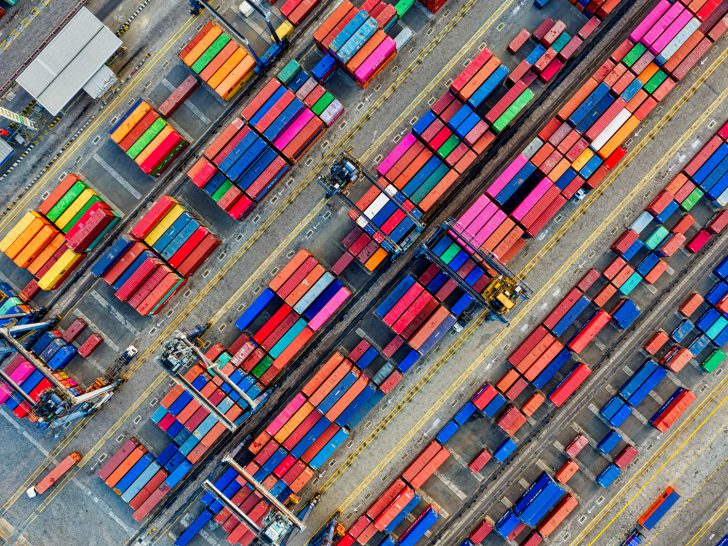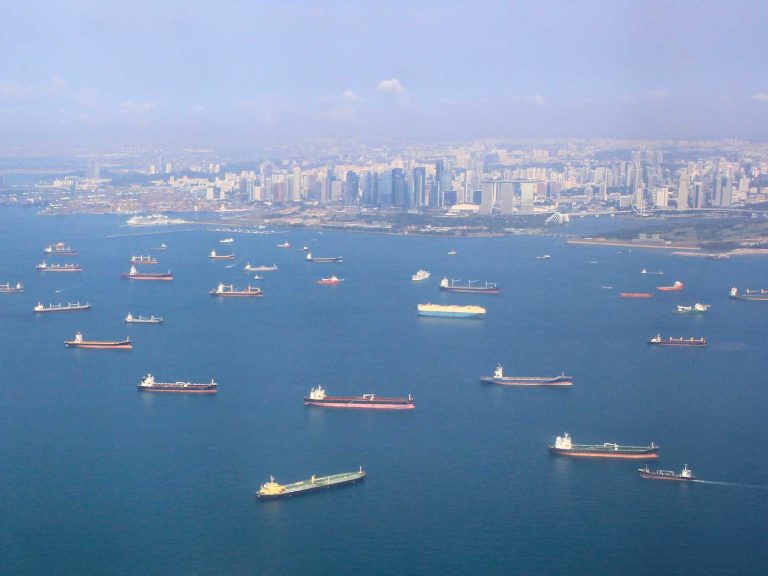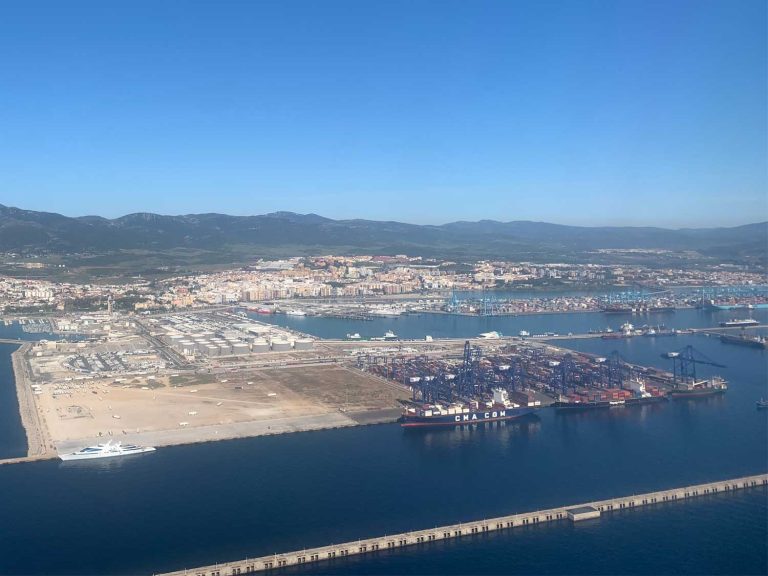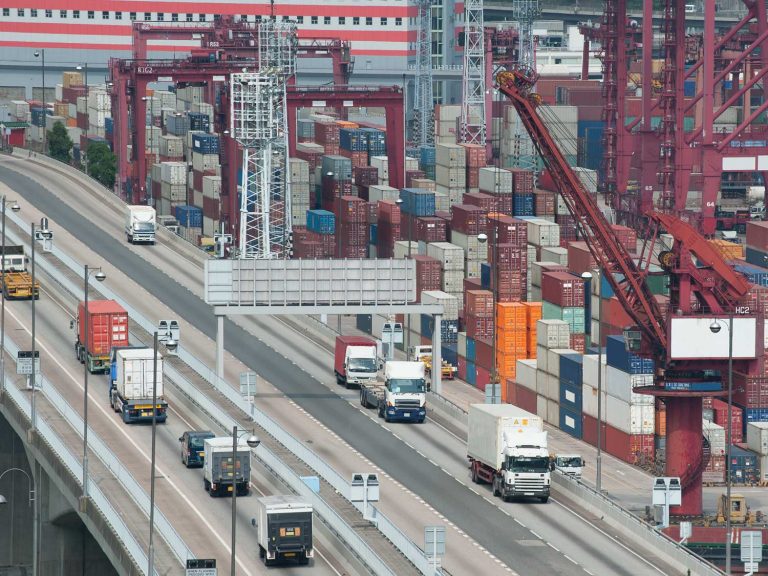Record volumes raise concerns for peak season
Global demand for ocean freight container shipping has surged to unprecedented levels, surpassing even the peak during the Covid pandemic and comes when available capacity is already strained due to diversions around Africa, leading to concerns that any peak season demand could be calamitous.
...
Read more Global IT outage disrupts supply chains
On Friday, a faulty update to Microsoft software by cyber-security firm Crowdstrike, saw global supply chain operations significantly disrupted, with the fallout expected to take weeks to fully resolve.
Thousands of flights were grounded or delayed at major air freight hubs in Europe, Asia, an...
Read more SECURITY UPDATE: Red Sea
The recent sinking of the Prestige Falcon oil tanker, following a Houthi attack, marks the deadliest incident involving these strikes to date.
The vessel capsized near the Omani coastal city of Duqm, and while the Indian Navy rescued nine of the 16 crew members, one was found deceased, and six...
Read more European ports turned into EV car parks
European ports are overflowing with imported electric vehicles (EVs), especially from China, as manufacturers rush to ship cars before new tariffs take effect. This surge in imports has turned car terminals into vast car parks, with dealers hesitating to accept more vehicles due to slowing sales....
Read more Port congestion (amongst other things) continues to push rates up
With increasing amounts of ocean freight capacity soaked up by COGH (Cape of Good Hope) diversions and port congestion, spot rates are spiking, with indexes up significantly on 2023 and market led spot/FAK rates up by nearly 500%. Now, carriers desperate for ships and more capacity are setting n...
Read more Asia market update; June
The Asia export trades are now as challenging as it was during the pandemic, with extremely tight vessel space, equipment shortages and port congestion colliding leading to a surge in spot rates, with analysts speculating it could reach USD 20,000/FEU on the Asia-Europe trade before too long.
...
Read more Port congestion cannot be ignored
Significant and sustained terminal congestion in major Mediterranean and Asian ports is soaking up available capacity, which directly impacts freight rates and results in substantial delays to vessel schedules, with reliability dropping and the likelihood that delays will persist through the summ...
Read more Sea freight rates from Asia continue to spike and remain on an upward trajectory
Between the start of April and last week, average spot rates from the Far East into North Europe increased by 31%, the US West Coast 30%, Mediterranean 25% and US East Coast 22%, with spot rates to Europe currently $6,000-$7,500 and analysts suggesting they may hit $10,000.
Market demand reach...
Read more Global port congestion threat to capacity
The Red Sea crisis and the much longer sailing distances triggered by the diversion around Africa’s Cape of Good Hope (COGH) soaked up existing market overcapacity, which was just enough to cope with the extended COGH transit times, provided there were no additional disruptions to maritime supp...
Read more Ex-Asia spot rate spiral turned into shooting star
Container shipping lines have announced significant rate hikes on all ex-Asia trade lanes, due to increased demand and increasing equipment challenges in more origins and it would be prudent to expect more of the same.
Effective capacity to North Europe has decreased by 5% compared to a year a...
Read more Red Sea diversions create Western Mediterranean port congestion
The mass diversion of container ships away from the Red Sea since December has raised fears of congestion across west Mediterranean container ports, as carriers from Asia drop boxes destined for the eastern Mediterranean.
Instead of entering the Mediterranean Sea dead end, created by the effec...
Read more Ocean demand outweighs supply
The ongoing impact of vessel diversions as a result of the Red Sea conflict continues to absorb available capacity at a time when demand is rapidly increasing. Container volumes are already higher than many predicted and there is a possibility that we have already entered a peak season market env...
Read more 
